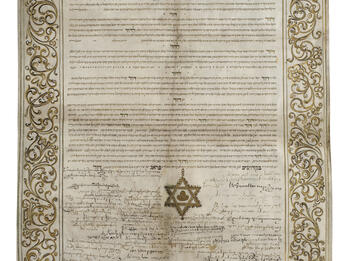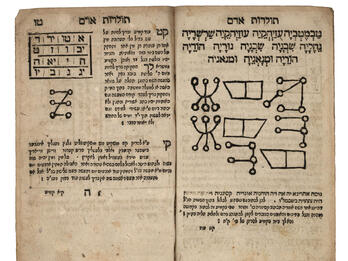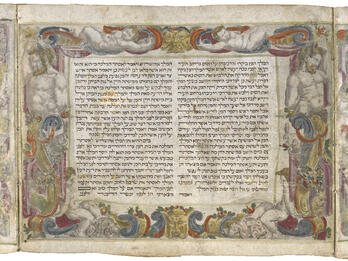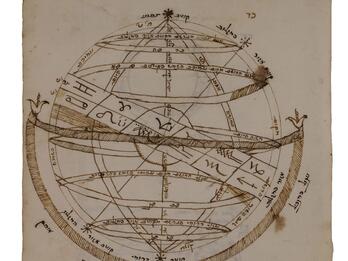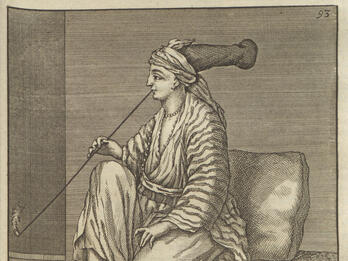Moses Ḥayim Luzzatto
Born in Padua, the eldest son of a wealthy merchant family, Moses Ḥayim Luzzatto was a prolific author and controversial figure. During his short lifetime, Luzzatto wrote extensively in Hebrew, in a wide range of fields, including kabbalah, mysticism, ethics, linguistics, poetry, and drama. As a young man in Padua, he led a pietistic kabbalistic confraternity and yeshiva that had aspirations of bringing the redemption, for which he was attacked by the Venetian and central European rabbinic leadership. His teacher—and supporter in these controversies—was the rabbi and poet Isaiah Bassan. He later moved to Amsterdam, where he lived quietly from 1735 to 1743. During this period, he studied at the Ets Ḥayim academy and published, among other things, two influential works of ethics: his most famous work, Mesilat yesharim (Path of the Upright, published in 1740; an early version of which is also extant in an autograph manuscript) and the play La-yesharim tehilah (Praise for the Upright). In the fall of 1743, Luzzatto immigrated to the land of Israel, settling in Acre with his wife and son, where they all died of the plague in 1746 or 1747. After his death, his works exerted a lasting influence on modern Jewish thought, especially in the Hasidic and Musar traditions.


